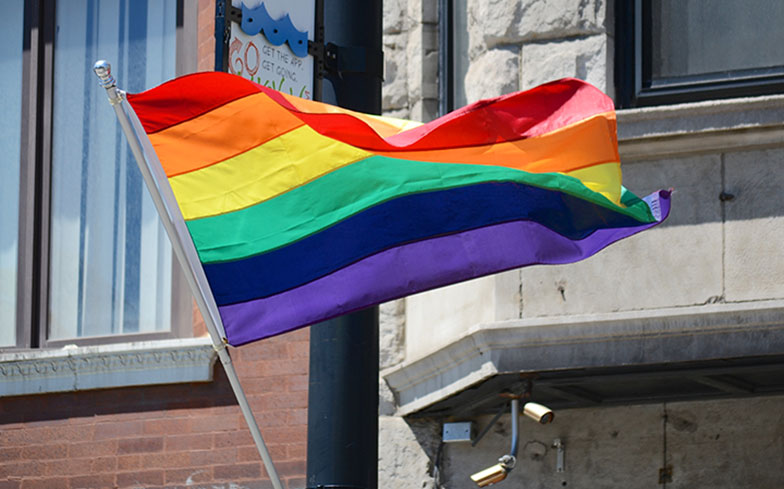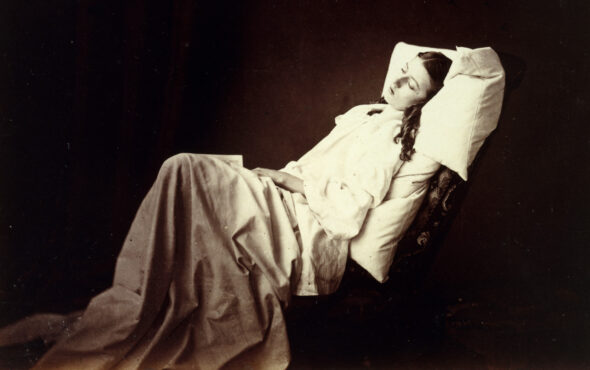It will be the first US jurisdiction to start monitoring the deaths.
Los Angeles is set to become the first US jurisdiction to start monitoring “unnatural” deaths in the LGBTQ community, focusing on murders and suicides.
The motion passed by the Los Angeles County means that coroners will begin collecting data on the deceased’s sexual and gender identities. The data will then be used to examine trends with a “focus on LGBTQ suicide rates, violent deaths, and hate crime incidents.”
The bill was a cross-party bill, and was proposed by the Republican Kathryn Barger and the Democrat Sheila Kuehl.
The move was praised by the LGBTQ organisation The Trevor Project, which focuses on suicide prevention within the community. Sam Brinton, the head of advocacy and government for the group, said: “At The Trevor Project, we know that too many LGBTQ people die by suicide every year, but because of gaps in the data collection process, we don’t actually know how many, and that lack of information limits our ability to prevent future suicide.
“We are grateful to Los Angeles County for taking action to ensure that LA County medical examiners and coroners will have the training and resources they need to accurately and respectfully account for a deceased individual’s sexual orientation or gender identity.
“Only through routine, systematic, evidence-based data collection can we learn the lessons we need in order to save LGBTQ lives.”

California is a very liberal state, having passed same-sex marriage laws before the Supreme Court legalised it worldwide, and having passed bans on gay ‘conversion’ therapy for minors, however the state still has some problems.
One of the most worrying is that three out of ten young members of the LGBTQ community are mocked by their own families for being LGBTQ. A report, from the Human Rights Campaign and the University of Connecticut, which partnered with nine civil rights and education organisations in preparation, asked 1,700 Californian youths about their home and school life. The youths were aged between 13-17.
Those who said that they had been mocked because of their sexuality, said family members had taunted them over it. Nearly half of the respondents (45%) said that they had heard a family member say something negative about the LGBTQ community.
Coupling these statistics with others in the report, it’s not surprising to hear that only just over a fifth (21%) of respondents were open about their identity with their families, and a further 36% said that they thought the idea of coming out was “stressful.”




